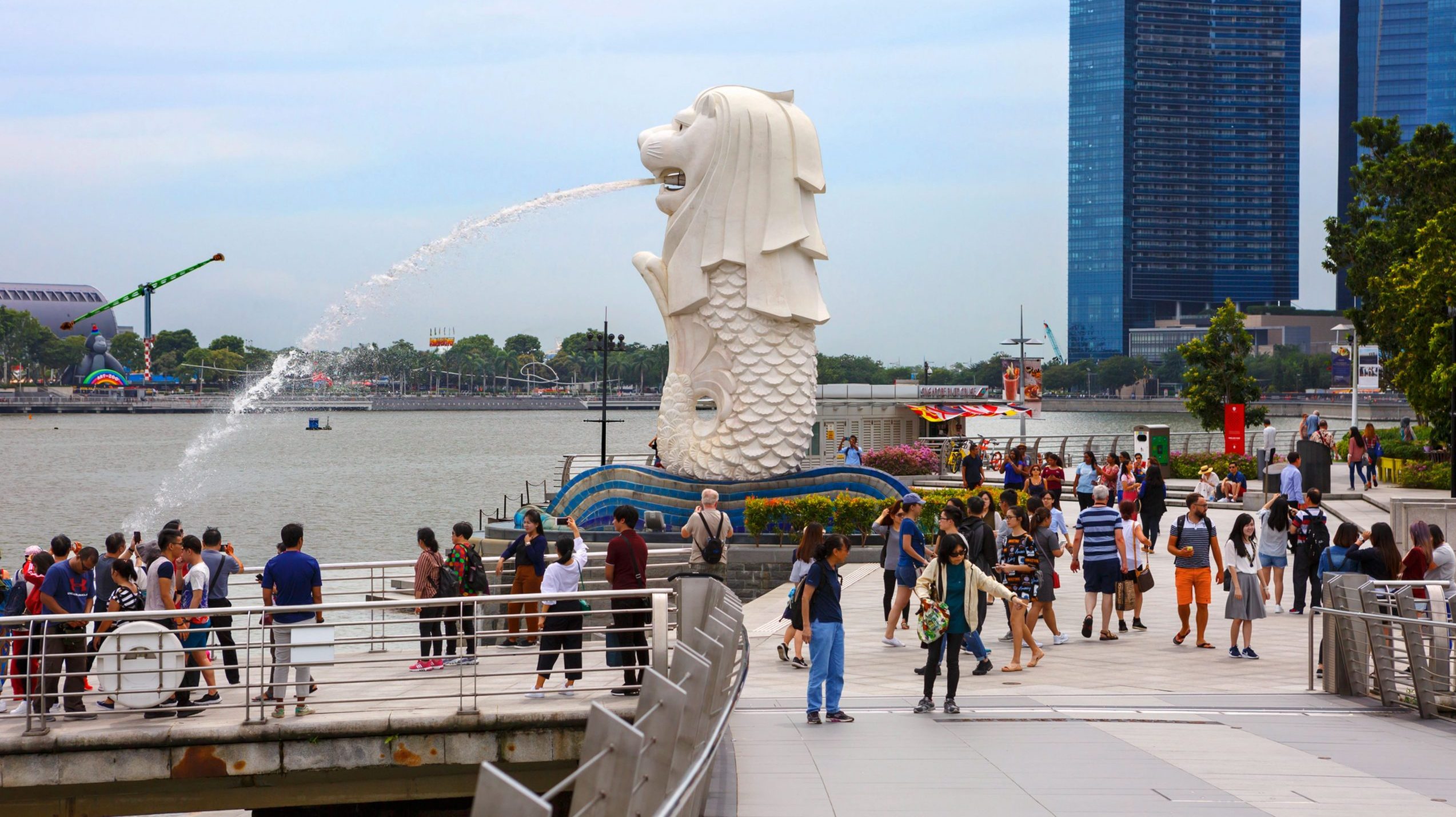INTERNATIONAL: New construction endeavours, builder outlooks, and permit acquisitions are all impacted as tariffs and immigration procedures add to industry problems.
Housing slump deepens as economic clouds gather
America’s once-sturdy housing sector is entering a new and disconcerting phase. New data from the Commerce Department featured in the latest Axios report reveals that homebuilding has slackened to its lowest level in five years, with housing jumps in May dipping virtually 10% to a 1.3 million per-annum pace, a lot less than what economists expected. Simultaneously, building permits, a crucial gauge of upcoming construction activities, also fell to a five-year low, principally in the pivotal single-family sector.
For several years, the larger economy was able to stay afloat during what many labelled a “rolling recession” focused on housing. But the new slump may not be so controlled. As other segments demonstrate indications of cooling, specialists caution that a declining housing market could become a bigger strain on economic development.
Builders hit the brakes amid economic, political headwinds
Numerous reasons are heightening the sector’s decline. Attitude among housebuilders dashed to its lowest point since 2022, according to the National Association of Home Builders (NAHB). “Buyers are increasingly moving to the sidelines due to elevated mortgage rates and tariff and economic uncertainty,” NAHB chair Buddy Hughes, a North Carolina-based developer, said.
Key players are feeling the pinch. Lennar, one of the country’s biggest homebuilders, lost earnings potential this quarter. On a call with investors, co-CEO Stuart Miller noted that “new construction has slowed as builders have pulled back on production,” alluding to labour scarcities and escalating costs of materials, specifically lumber, as core issues.
Program developments from the Trump government have added to the stress mix. Planned extraditions aimed at immigrant labour, which comprises a substantial percentage of the construction labour force, are narrowing the labour supply. At the same time, charges on vital building supplies such as steel and aluminium have increased twofold, with further levies on wood products being considered.
Too much inventory in some regions, not enough in others
The housing market is also being confronted with regional disparities. In some parts of the country, inventory levels are surprisingly high relative to buyer demand, pushing builders to reduce speed. In other areas, insistent supply deficiencies continue to infuriate prospective homeowners. But with affordability overextended and mortgage rates staying high, demand is vacillating all over.
With building permits down nearly 3% in May and the attitude continuously nose-diving, forecasters warn that the housing sector may not be able to rapidly pull through. If the situation continues to weaken, and other sectors start to reflect housing’s collapse, the “rolling” downturn could become a wide-ranging economic fall.










